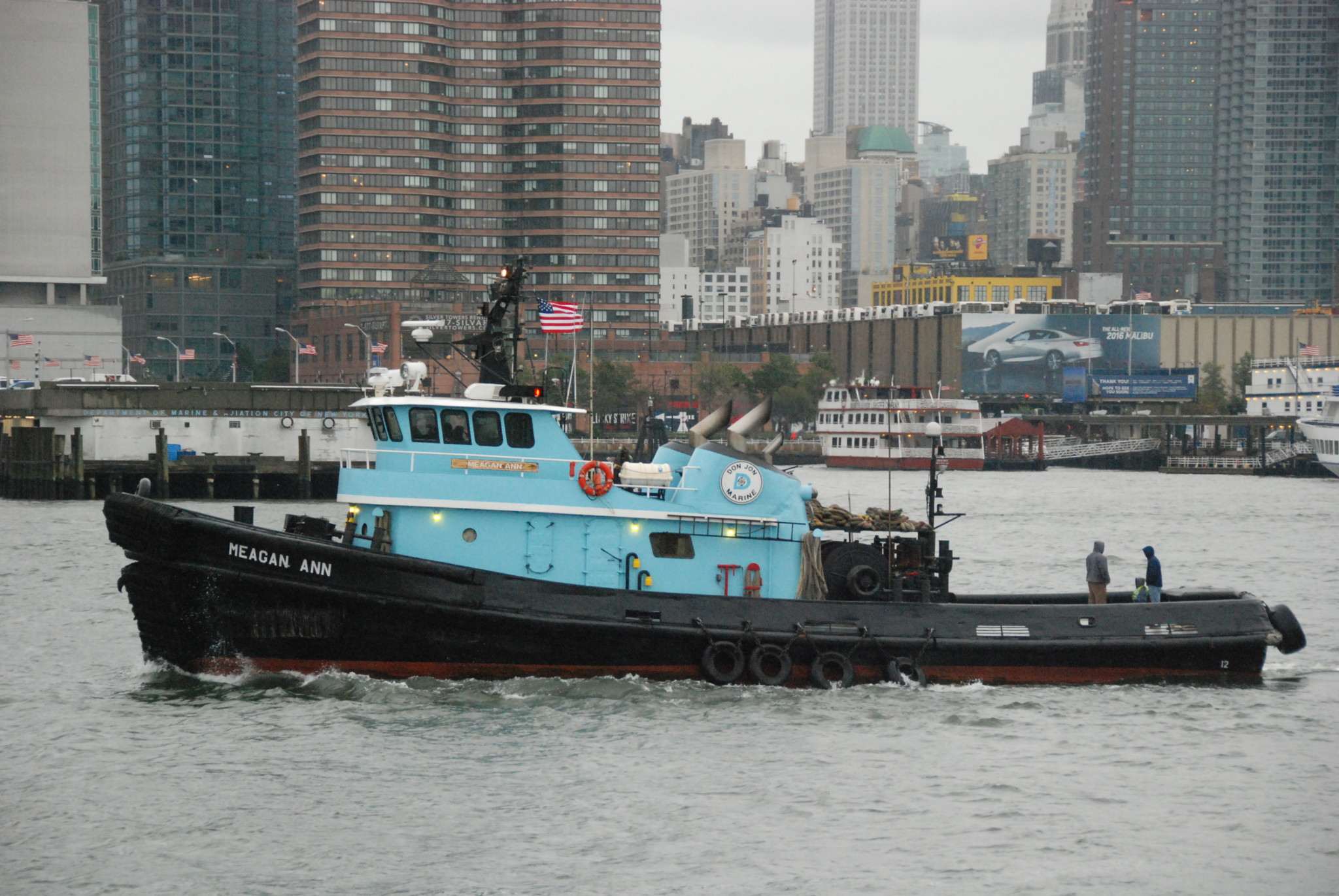The Coast Guard is making me mad. Recently they stopped providing vessel owner details in its documented vessels report. What gives? There’s no reason to shield this information.
Owning a vessel documented under the laws of the U.S. is as public as the purchase price of your home. And don’t get me started on Coast Guard casualty investigation reports. Nothing should take so long. It sometimes takes literally years before these reports are issued. This needs to change.
The Coast Guard does good work, okay? On the waterfront, I don’t have a problem with them, but when it comes to their back offices and the administration, I’ve had enough.
With Coast Guard marine casualty investigation reports, my sense is that the reports get composed relatively quickly and then go aground in the approval process. I wonder whether there’s an unwillingness on the part of those wearing the shoulder boards to sign the final report. Maybe whoever has to sign says to themselves, “I’ll wait. I’m only in this station for another six months, let the next person put their name on this.” That’s too bad because a statute, “Information barred in legal proceedings,” nearly insulates the Coast Guard from being dragged into a proceeding because of what’s in such an investigative report.
The statute states that “no part of a marine casualty investigation conducted under section 6301 of this title, including finds of fact, opinions, recommendations, deliberations, or conclusions shall be admissible as evidence or subject to discovery in any civil or administrative proceedings.”
Yes, the statute allows you to depose (ask questions under oath) Coast Guard personnel “on solely factual matters,” but that’s not an easy row to hoe and it’s a tough process to schedule such a question and answer session. Does the Coast Guard know about this statute? It seems that it should remove any concern about signing a casualty investigation report because the possibility of blowback is about zero.





